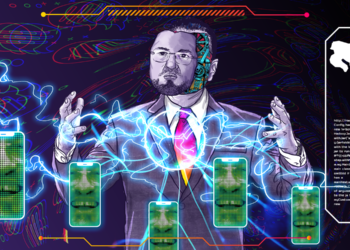An investigation by the Latin American Centre for Investigative Journalism (CLIP) and media in the region identified how so-called “digital mercenaries” operate to influence the citizen vote and favour certain politicians, candidates, parties or governments.
The research describes who the transnational manipulators are, how they operate the influence machine, how they slip through the cracks of platforms and how they have contributed to exporting misleading political agendas.
The work also identifies who are the main operators behind networks capable of building political figures from scratch, creating millions of anonymous accounts dedicated to misinformation and extracting private information from citizens with misleading applications.
“With these tactics they revive a weapon of medieval politics, the tares, because they know that the algorithms of the mega-platforms Meta (Facebook) and Twitter reward the content that produces the biggest and most heated reaction. Fear and hatred are there among the citizens, like gasoline on a street, the “strategists” of communication only light the fuse. Their clockwork gears running after every shout” concludes the study.
“Digital Mercenaries” is the product of a cross-border, collaborative alliance of media from Argentina, Bolivia, Brazil, Chile, Colombia, Costa Rica, Spain, the United States, Guatemala, Honduras, Mexico, Nicaragua, Paraguay, Peru, Uruguay and Venezuela, coordinated by the Latin American Centre for Investigative Journalism (CLIP).
You can access the research through the following link: https://www.elclip.org/mercenarios-digitales/






